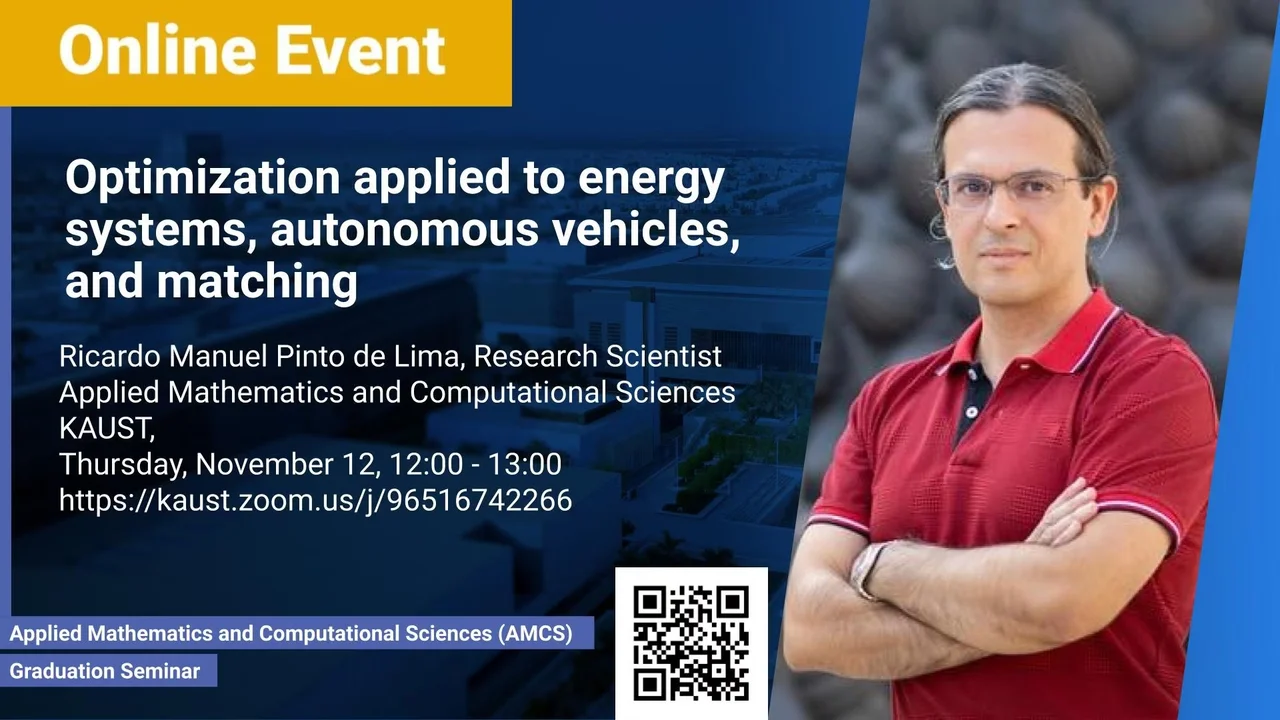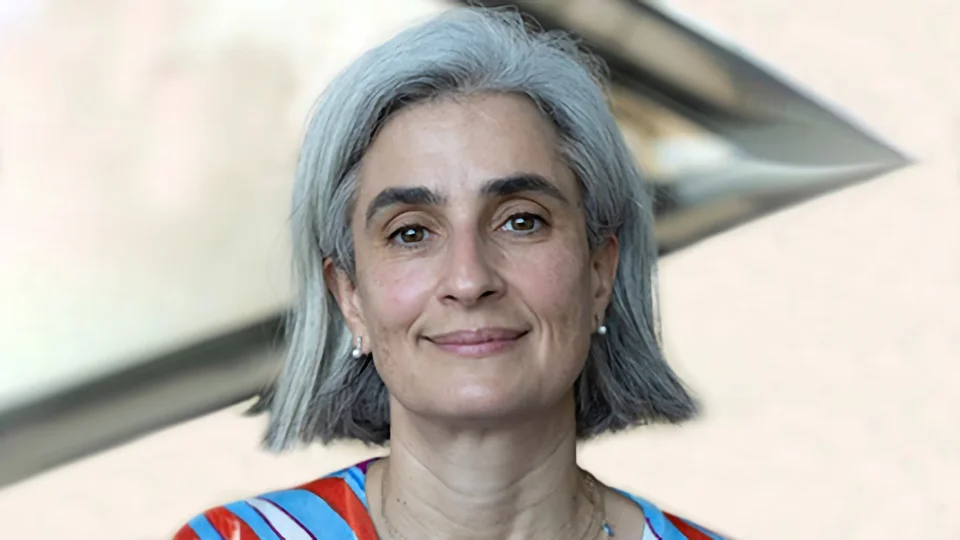
Optimization applied to energy systems, autonomous vehicles, and matching
In this talk, we start by introducing optimization and interesting optimization applications. We review some optimization formulations and focus on applications studied in our research, such as energy systems, and trajectory planning of autonomous underwater vehicles. After the introduction, we address the self-scheduling and market involvement of a virtual power plant using adaptive robust optimization under uncertainty in the wind speed and electricity prices.
Overview
Abstract
In this talk, we start by introducing optimization and interesting optimization applications. We review some optimization formulations and focus on applications studied in our research, such as energy systems, and trajectory planning of autonomous underwater vehicles. After the introduction, we address the self-scheduling and market involvement of a virtual power plant using adaptive robust optimization under uncertainty in the wind speed and electricity prices. Two types of uncertainty sets are considered to represent uncertainty: discrete and continuous. We perform a thorough comparison between the power generation schedule and market involvement of the VPP with the two alternative uncertainty sets. Also, we analyze the worst output of the electricity prices obtained from both uncertainty sets. We conclude with a risk management analysis made using a verification step of a sample average approximation methodology.
Brief Biography
Ricardo M. Lima is a Research Scientist in Professor Omar Knio’s research group in CEMSE. He is also the co-founder of the KAUST/Saudi startup Decision Science Technologies. Ricardo joined KAUST in 2014. He received the Ph.D. degree in 2006 in Chemical Engineering from the Faculty of Engineering, University of Porto, Portugal. In 2006, he became a Post-doc fellow in the Department of Chemical Engineering at the Carnegie Mellon University, Pittsburgh, PA, USA. From 2008 to 2011, he was an invited researcher in PPG Industries, USA. He was a Marie Curie Fellow in the National Laboratory of Energy and Geology (LNEG) in Lisbon, Portugal from 2011 to 2014. His research interests include modeling and optimization of complex problems related to chemical, processing industries, and energy systems. Target applications include integration, planning and scheduling of renewable energy systems, process synthesis, planning and scheduling of chemical engineering systems, and trajectory planning of autonomous underwater vehicles. In terms of methodologies, Ricardo focus on the development of mathematical programming methodologies, namely combinatorial optimization models, continuous optimization models, deterministic global optimization solution approaches, stochastic programming models, and decomposition algorithms to solve large-scale problems.
